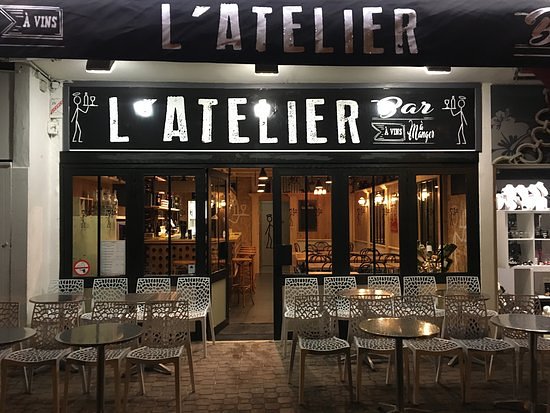Lozère
WELCOME TO Lozère
Entry Into Department
Mende
5,167 km2
76,524
French
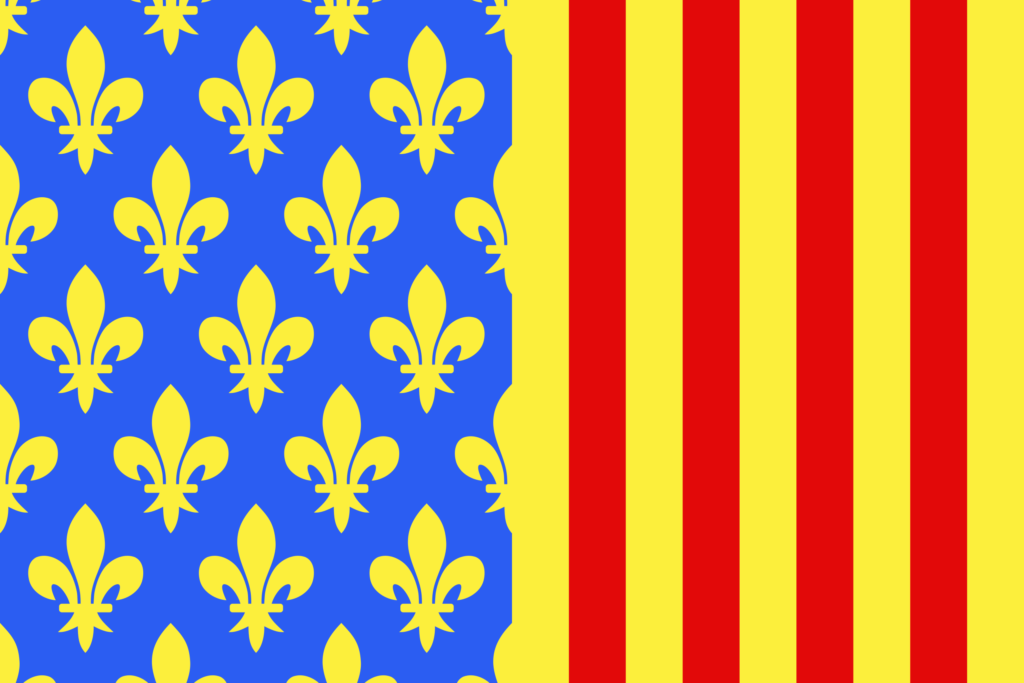
Popular
Geography and Tourist Attractions
Information about the canton's tourist attractions, including popular destinations, events, and activities.
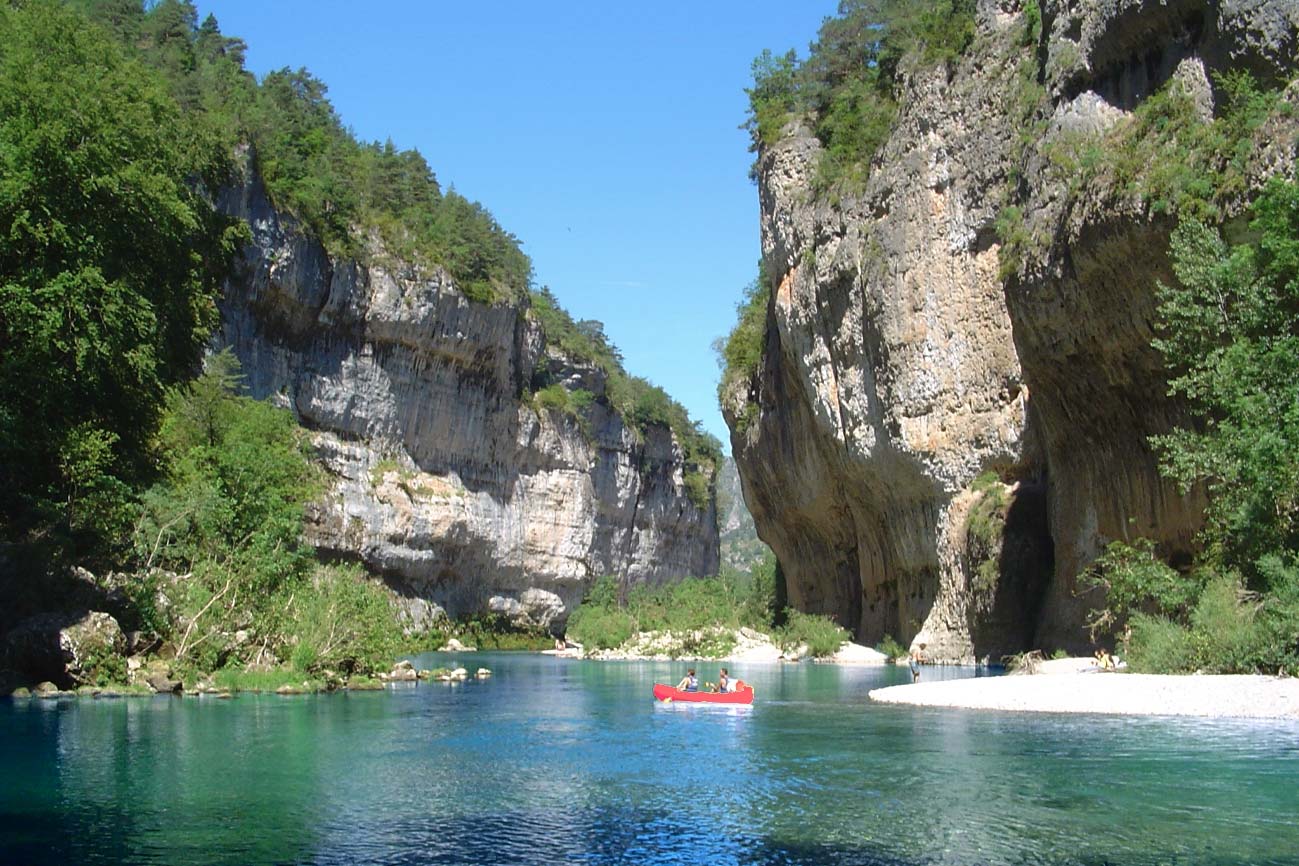
Gorges du Tarn
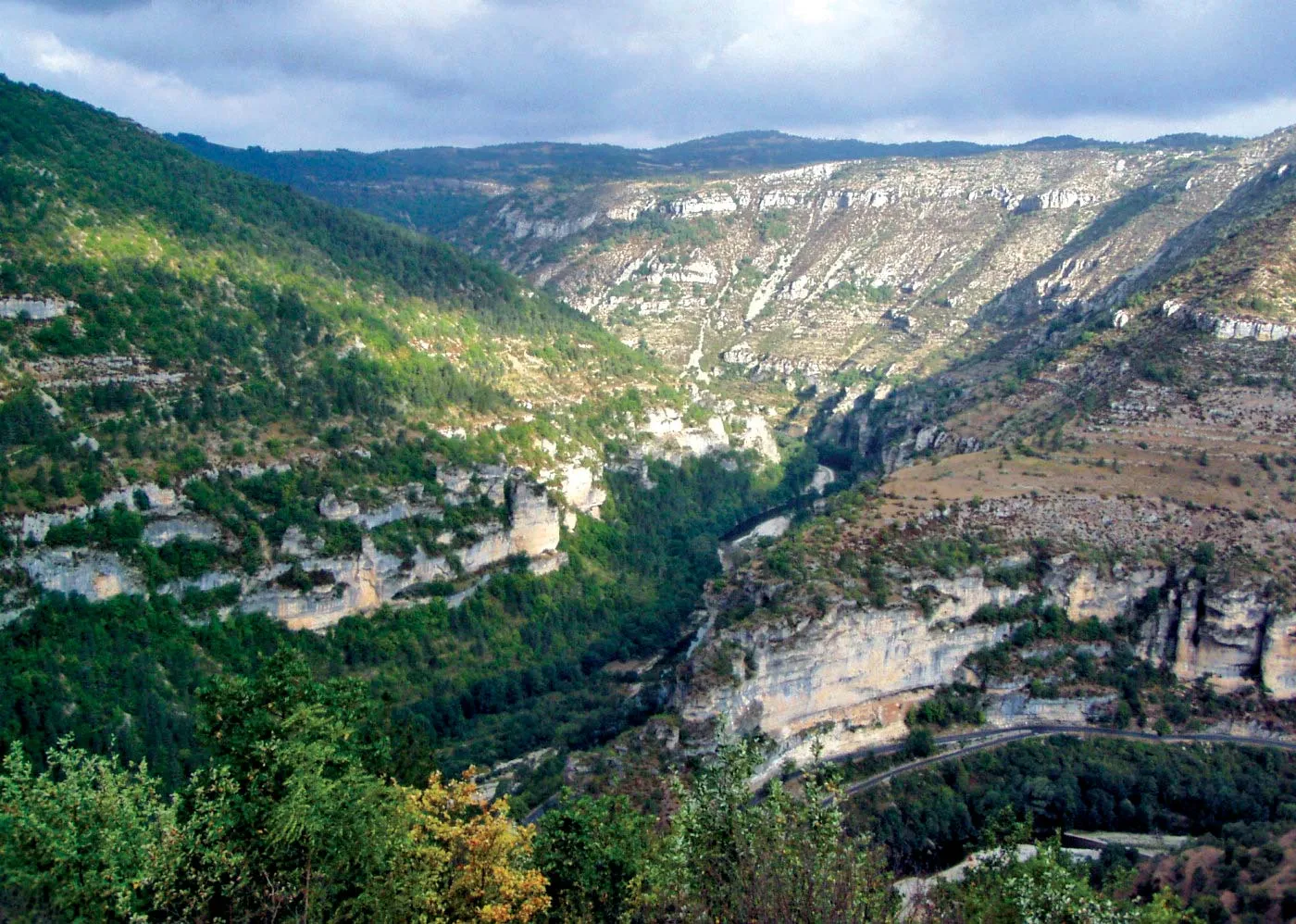
Cévennes National Park
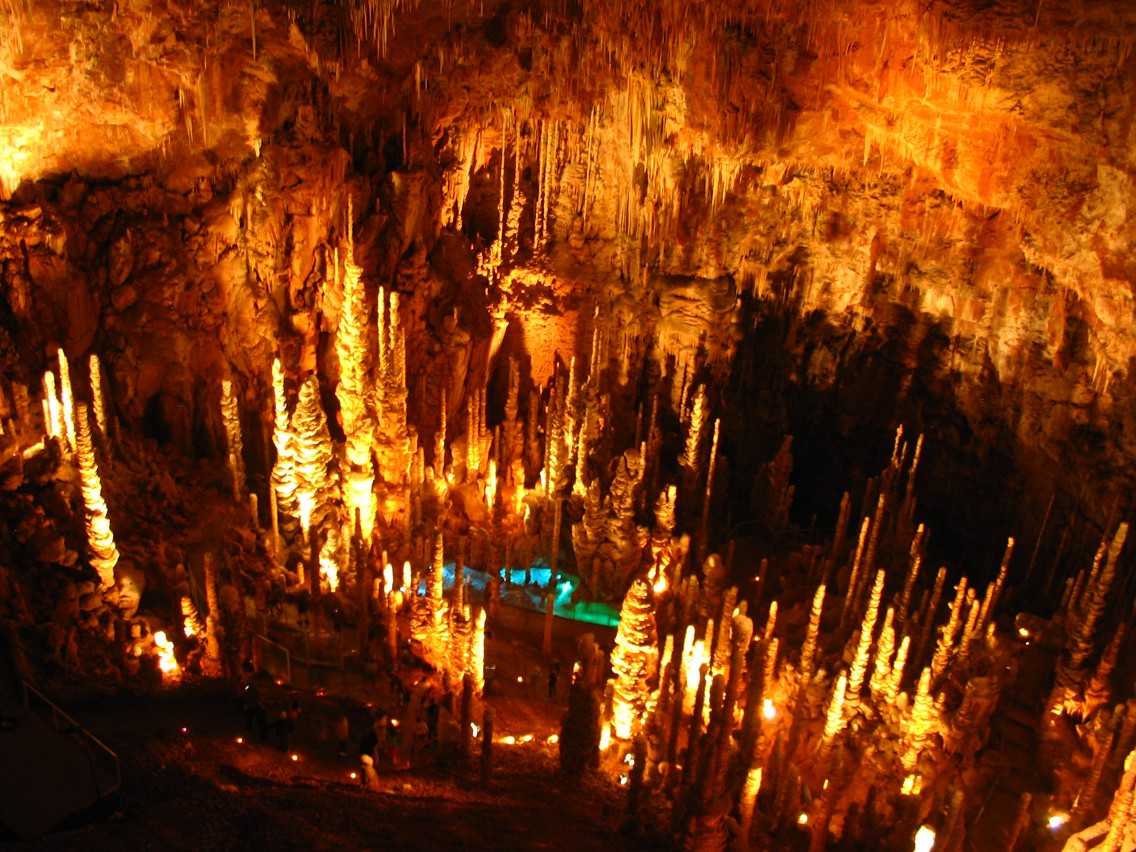
Aven Armand
Political
Economy and Government
Lozère is a rural department of France that has an economy primarily based on agriculture, tourism, and traditional crafts. The area is known for its production of high-quality meats, dairy products, and honey, as well as its traditional lace-making and pottery. The tourism industry is also an important driver of the local economy, with visitors drawn to the area's natural beauty, historic sites, and outdoor activities.
The government of Lozère is led by a departmental council, which is responsible for managing local services and infrastructure, such as roads, schools, and social services. The council is made up of elected officials who serve six-year terms, and it is headed by a president who is elected by the council members.
The department is part of the Occitanie region, and it also receives funding and support from the French government. Despite its small size and rural character, Lozère has a vibrant cultural scene, with museums, galleries, and festivals celebrating the area's history and traditions. Overall, the department is known for its strong sense of community and connection to the land, with many residents committed to preserving the region's natural and cultural heritage.
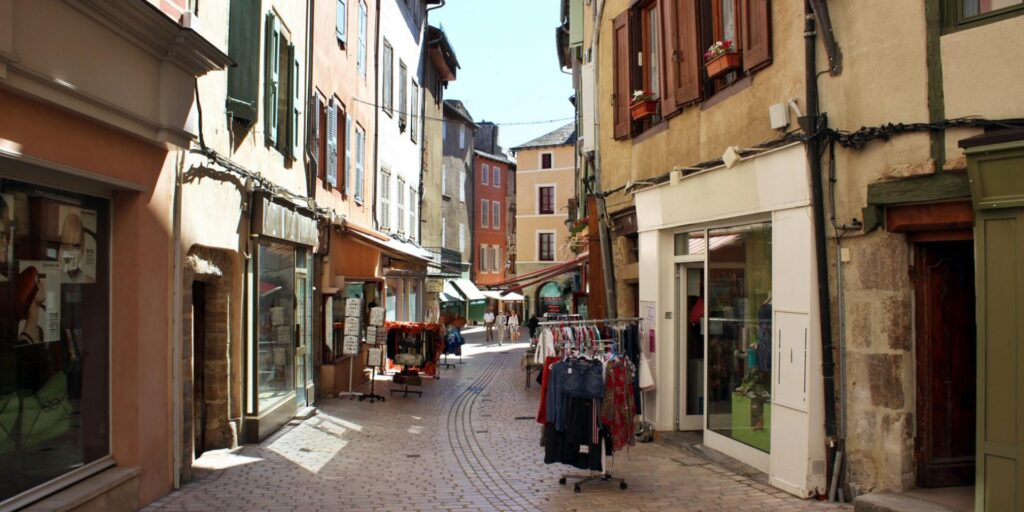
History
History and Culture
Lozère is a department in the Occitanie region of southern France, known for its rugged natural landscapes and rich cultural heritage. The region has a long and fascinating history, with evidence of human habitation dating back to the Paleolithic era.
During the Middle Ages, Lozère was a center of resistance against the French monarchy, and many fortified castles were built throughout the region to defend against invasion. The area was also an important center of Protestantism, with many Huguenots taking refuge there during the religious wars of the 16th and 17th centuries.
Today, Lozère is known for its unique cultural traditions, which are influenced by the region's rural character and close ties to the natural world. Local festivals and celebrations are an important part of the cultural calendar, with events like the Festival of Lights and the Feast of Saint Jean drawing visitors from all over the world.
Food and wine are also a central part of Lozère's cultural heritage, with a focus on hearty, rustic cuisine made from locally sourced ingredients. Specialties include lamb, venison, and a range of cheeses and cured meats.
Overall, the history and culture of Lozère are a source of pride for its inhabitants, and continue to attract visitors who are interested in exploring its unique traditions and rugged natural landscapes.
HOTELS
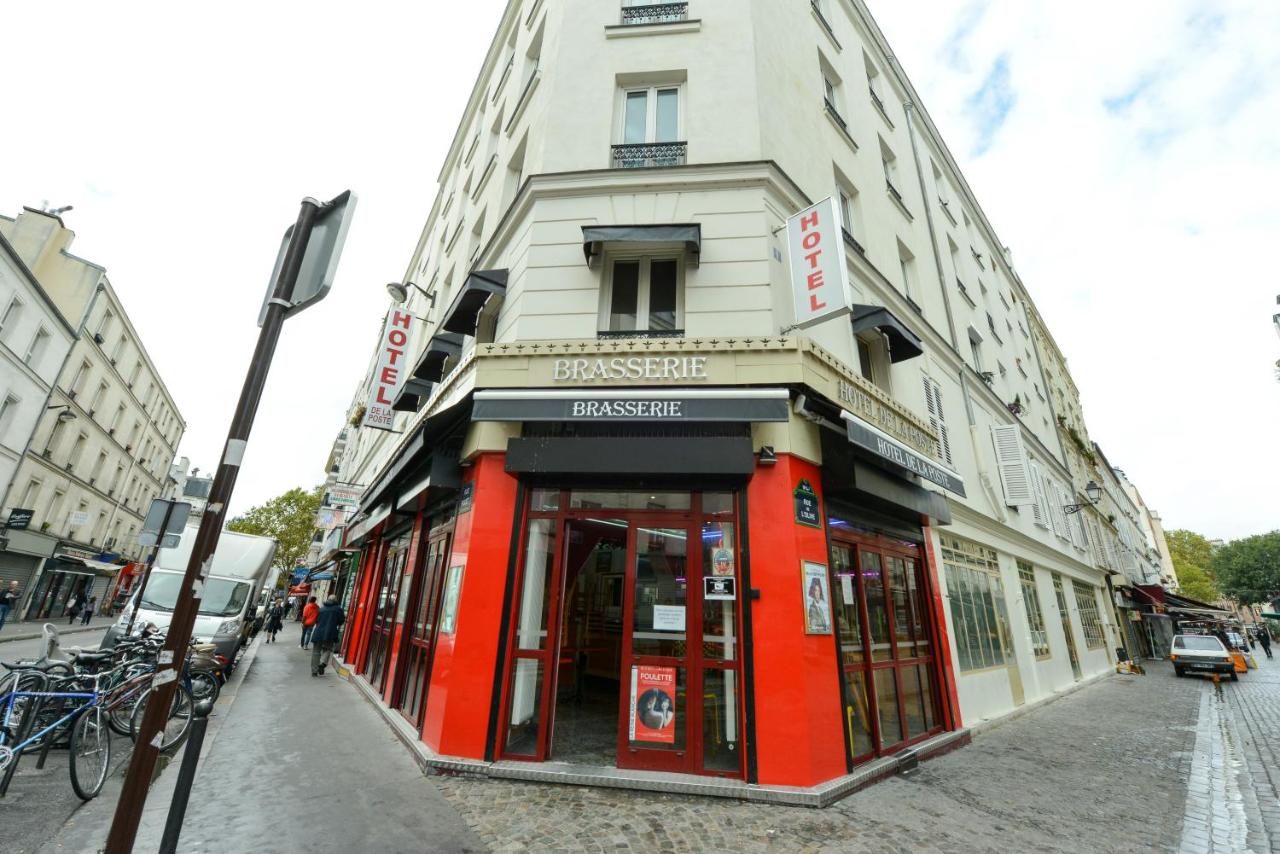
Hôtel de la Poste
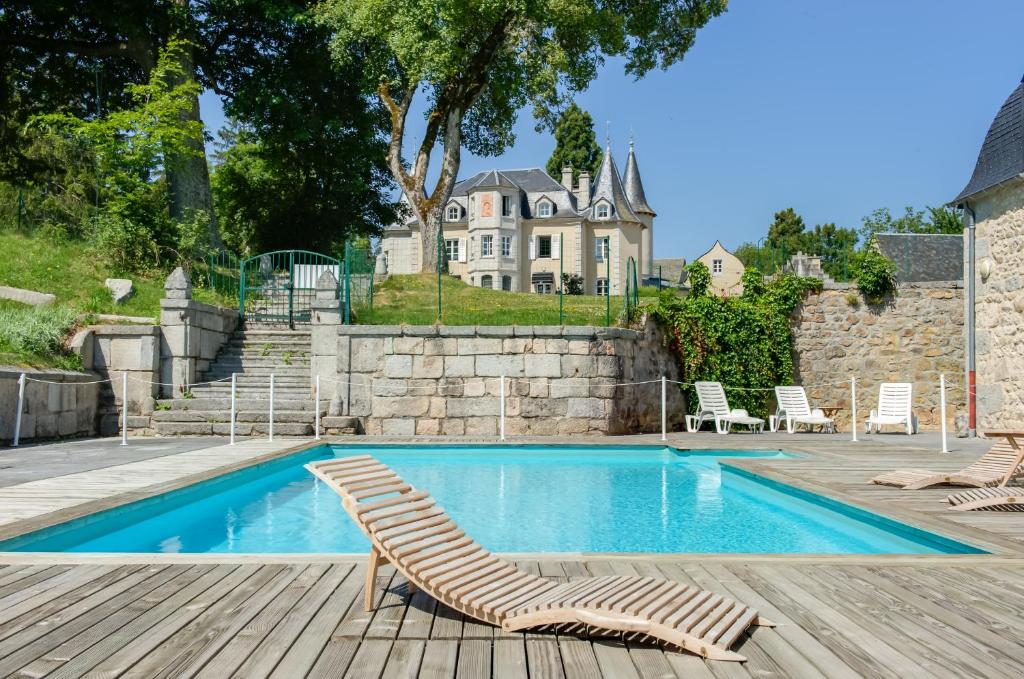
Château d'Orfeuillette

Hotel Les Sapins
RESTAURANTS
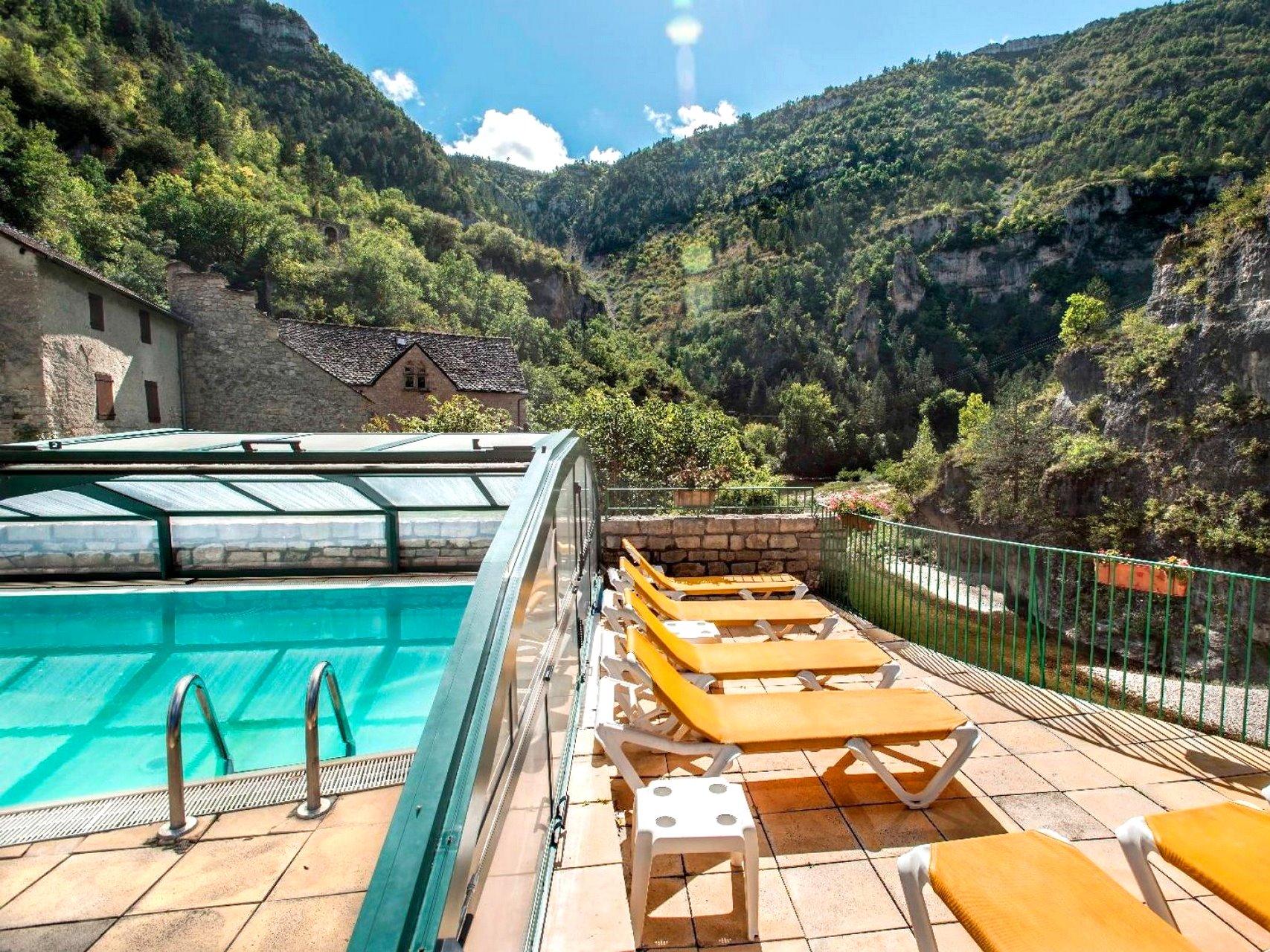
Auberge de la Cascade
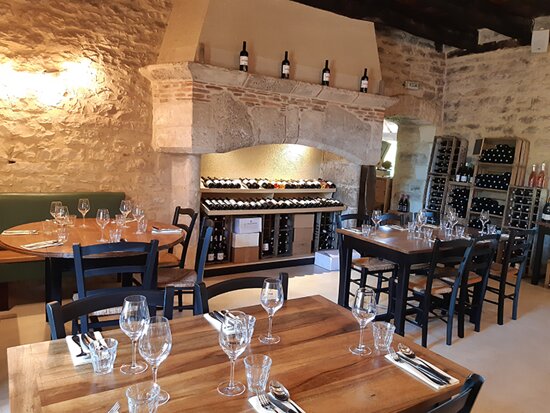
La Table du Moulin
